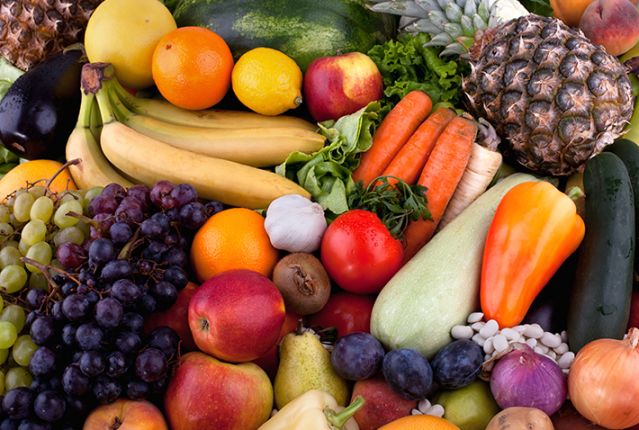Nutritional support for depression focuses on giving the brain the nutrients it needs to regulate mood and energy levels. While therapy and medication are important, what you eat also plays a vital role in mental well-being. Certain foods can help stabilize blood sugar, reduce inflammation, and support neurotransmitter production. A balanced diet with mood-boosting foods can enhance recovery and improve daily emotional balance. By combining professional treatment with targeted nutrition, you give your body and mind a better chance to heal. Understanding which nutrients help and how to include them in your meals is the first step toward better mental health.

How Nutrition Influences Depression
The brain relies on a steady supply of nutrients to function properly. Low levels of vitamins, minerals, and healthy fats can contribute to symptoms of depression such as fatigue, irritability, and poor concentration. Diets high in processed foods and refined sugars often increase inflammation, which may affect mood regulation. In contrast, nutritional support through whole foods improves brain chemistry and energy balance. By consistently feeding the body nutrient-rich meals, you help stabilize mood swings and encourage the production of serotonin, dopamine, and other mood-related chemicals essential for emotional stability.
Key Nutrients for Mood Support
Several nutrients play a central role in nutritional support for depression:
- Omega-3 fatty acids from fatty fish, chia seeds, and walnuts support brain cell communication.
- B vitamins from leafy greens, legumes, and whole grains aid in neurotransmitter production.
- Vitamin D from sunlight and fortified foods supports mood regulation.
- Magnesium from nuts, seeds, and dark chocolate helps reduce anxiety symptoms.
- Antioxidants from berries and colorful vegetables protect brain cells from oxidative stress.
By incorporating these nutrients daily, you create a foundation for improved mental resilience and long-term emotional health.

Foods That Support Recovery
Building meals with mood-enhancing foods ensures consistent nutrient delivery to the brain. Include:
- Fatty fish like salmon or sardines twice a week.
- Dark leafy greens such as kale or spinach for iron and folate.
- Fermented foods like yogurt or kimchi for gut health.
- Whole grains like quinoa and oats for slow-release energy.
- Colorful fruits and vegetables for antioxidants.
These foods not only nourish the brain but also improve gut microbiome health, which influences mood. When combined with other depression management strategies, they create a more supportive environment for recovery.
Meal Planning for Mental Health
Effective nutritional support begins with planning. Start by preparing a weekly menu that includes all key nutrients. Batch cook proteins, chop vegetables in advance, and store healthy snacks like nuts and fruit for quick access. Avoid long gaps between meals to prevent blood sugar drops that can worsen mood. Balance each plate with protein, healthy fats, and complex carbs. A structured meal plan removes the stress of deciding what to eat and ensures consistent brain fuel. Over time, this habit becomes a strong pillar in your mental health routine.

Foods to Limit or Avoid
Some foods may worsen depression symptoms. Highly processed snacks, sugary drinks, fried foods, and excessive alcohol can spike inflammation and destabilize blood sugar. Artificial additives and excessive caffeine may also trigger anxiety or mood swings. Reducing these items while replacing them with whole, nutrient-dense options supports your recovery process. The goal is not strict restriction but mindful substitution. This approach ensures your diet remains enjoyable while still providing the nutritional support your brain needs for better mood balance.
Conclusion
Nutritional support for depression is a powerful addition to other treatment methods. By choosing nutrient-rich foods and limiting harmful ones, you help your brain restore balance, resilience, and emotional strength.
